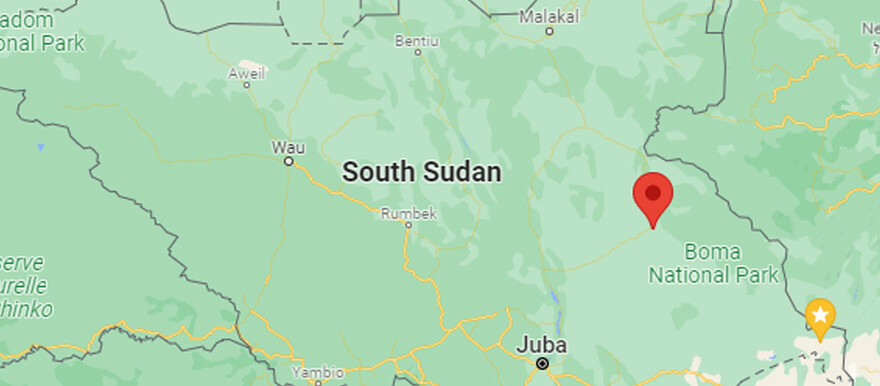Officials and the locals in the Greater Pibor Administrative Area (GPAA) have expressed happiness as humanitarians resumed operations in Pibor town after a month, saying lives have tremendously improved.
On 5 October, humanitarian organizations suspended their operations and were evacuated from Pibor town after being threatened by local youths who were demanding jobs they claimed were meant for the local community in the aid organizations. Officials said the humanitarian situation in the area had deteriorated weeks after the departure of humanitarian organizations.
In a statement extended to Radio Tamazuj Monday, the South Sudan NGO Forum said aid workers resumed operations in Pibor after the Humanitarian Country Team (HCT) lifted the suspension on November 18.
“The youth and authorities are committed to ensuring the safety and security of humanitarian workers.” Ragnhild Gyliver, the forum’s communications advisor said. “All parties are committed to ongoing and engagement to move forward, including on discussions about the 80 percent job provision for all South Sudanese as per national labor laws.”
Pibor residents applauded the return and resumption of humanitarian work in their area.
“I am happy that the aid agencies have returned. I think they have resolved their differences,” Zechariah Nyiboc, a Pibor resident said. “So, now services are available, especially at the main health facility.”
Another resident, Khamis Boyoi, could not hide his happiness and said the communities were now recovering as they rely on the aid agencies for food and health care.
For his part, GPAA deputy chief administrator John Abulla said aid workers have been operating normally over the past two weeks and that the government is committed to providing safety and protection for them.
“People can dispute and later on come to a consensus. Our youth attempted to claim for their rights and finally, they came to a consensus of working together with the NGOs and they are the very people providing protection and security,” Abulla said.
Since the start of the year, the humanitarians have been threatened by local youth in parts of the country, leading to the suspension of humanitarian activities.
In October, the acting UN humanitarian coordinator in South Sudan, Mathew Hollingworth, strongly condemned the threats against humanitarian organizations and called for their protection, warning that response operations to more than 100, 000 vulnerable people in GPAA would be impacted.




